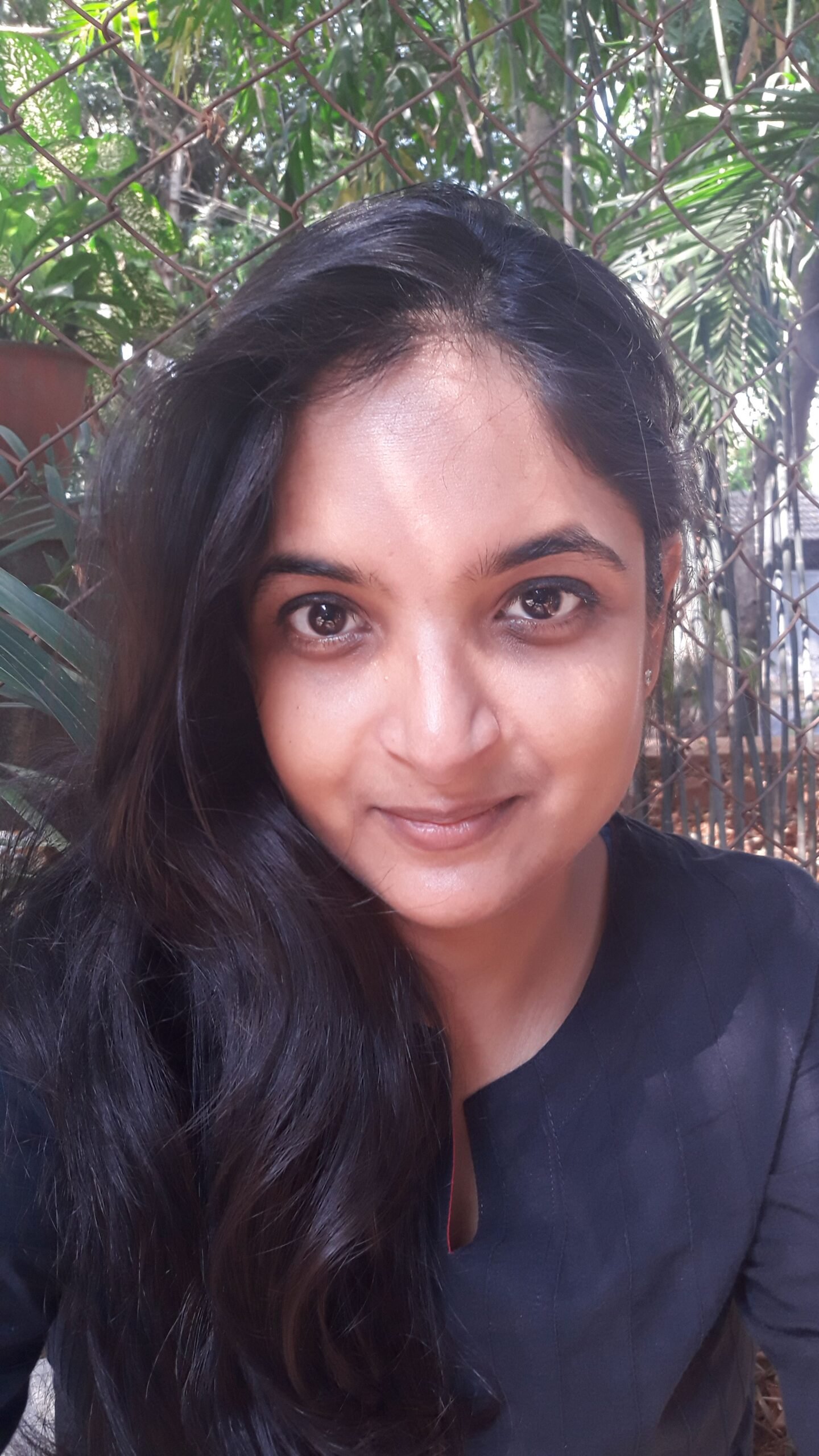
Revolutionary Fatima Sheikh – forever remembered, forever inspiring!
Fatima Sheikh is the first Muslim woman educator in India. and was a pioneer of women’s education in the country. However, the historical record on Fatima Sheikh and her contributions is very sparse. What is known about her is known through the letters of the first woman educator of India, Savitribai Phule and her equally revolutionary husband Jotiba Phule. Feminist writers have produced accounts of the same period but have failed to mention her contributions adequately. Take for example, The History of Doing: An Illustrated Account of Movements for Women’s Rights and Feminism in India 1800–1990, a book which does very little justice to women from marginalised communities. Accounts of Muslim activism in India too from the period have often neglected women like Fatima Sheikh. Her work as an educator predated that of Sir Syed Ahmed Khan, who is known for bringing modern education to India. Her work also reached a larger constituency. Despite this, her contribution remains unexplored.
As a contemporary of Savitribai and Jotiba Phule, Fatima Sheikh engaged actively in reformative activities with special focus on education. Fatima Sheikh began to work with Savitribai and Jotiba Phule after the couple had to be turned out by their own family due to social pressure. The Phule couple had started the first school for children from marginalised communities in Pune. The highly casteist and patriarchal society at the time made life extremely difficult and they had to turn to Fatima Sheikh and her brother Usman Sheikh for assistance. The siblings welcomed the couple into their home in Bhidewada and joined them in setting up the first girls’ school (called “Indigenous Library”) there in 1848. Unlike what was taught by Brahmin teachers in their home schools, this school’s curriculum included Mathematics, Science, and Social Studies instead of Brahmanical texts like Vedas and Shastras, and the students came from diverse religions and caste background.
From Savitribai’s letters to her brother, we hear about the difficulties she and Fatima Sheikh faced as women teachers who dared to defy the social order. When Savitribai would walk to school, people would throw cow dung and stones at her, and she had to ultimately resort to carrying an extra clean sari from home so she could change into it after she reached the school. Fatima Sheikh too would have surely faced harassment both from Brahminical patriarchs as well as the orthodoxy within the Muslim community. Despite this and against all odds, Fatima Sheikh continued to run the school along with Savitribai and would often be seen counselling parents who did not wish to send their kids to school. She used to go house to house promoting girls’ education. One shudders to imagine the backlash against this in the 19th century society when religious orthodoxies prevailed and saw education as the prerogative of dominant caste elite males. It is because of the courage and determination of women like Fatima Sheikh that we have seen society transform over the last two centuries in the way that it has. They are feminist icons in the true sense of the term.
Soon after they began teaching together, Fatima Sheikh also enrolled herself in a teacher-training institute as well in order to get trained professionally. Such was her quest for excellence. In Savitribai Phule’s letters to her husband during this period too, there are frequent mentions of Fatima Sheikh – an indication of their mutual respect, compassion and friendship. The friendship and association of the Sheikhs and the Phules is an early instance of intersectional feminist solidarity and sets an example for society today.
Fatima Sheikh taught at all the five schools the Phules opened. A few sources mention that she taught until 1856, when Savitribai fell ill and moved back to her mother’s house. It is unclear what happened to her after this period.
Although Fatima Sheikh’s legacy was once at risk of being forgotten, in more recent times there has been a renewed recognition of her work. For instance, a brief profile of Fatima Sheikh has been included in Urdu textbooks of the Bal Bharati, the Maharashtra State Bureau of Textbook Production and Curriculum Research, along with other figures such as Sir Syed Ahmed Khan, Abul Kalam Azad and Zakir Hussain. More recently, during the anti-CAA NRC protests, there was a Fatima Sheikh-Savitribai Phule open library instituted at the protest site in Shaheen Bagh. It is high time for us to recognise and honour Fatima Sheikh as one of the forebears of feminism and Muslim feminism in India, and we have finally begun to do so.
References
- Vandan Menon, Fatima Sheikh: The woman who reshaped Indian education with Savitribai Phule,
https://theprint.in/report/fatima-sheikh-reshaped-indian-education-savitribai-phule/27603/
- Prapti Sarkar, Fatima Sheikh: The Muslim Feminist Forgotten By Indian History, https://www.indianmuslimobserver.com/2020/01/fatima-sheikh-muslim-feminist-forgotten.html
- Prapti Sarkar, Fatima Sheikh: The Muslim Feminist Forgotten By Indian History, https://www.shethepeople.tv/sepia-stories/fatima-sheikh-muslim-feminist-forgotten-histoy
- Dilip Mandal, Why Indian history has forgotten Fatima Sheikh but remembers Savitribai Phule https://theprint.in/opinion/why-indian-history-has-forgotten-fatima-sheikh-but-remembers-savitribai-phule/175208/
- Sheshu Babu, Heroes And Sheroes Of Plural India: Fatima Sheikh,
https://countercurrents.org/2017/07/heroes-and-sheroes-of-plural-india-fatima-sheikh/
- Fatima Sheikh and her invaluable contribution to education
https://medium.com/@dalithistorynow/fatima-sheikh-and-her-invaluable-contribution-to-education-6a297306e436
- 9th January – Remembering Fatima Sheikh On Her Birth Anniversary https://velivada.com/2020/01/09/remembering-fatima-sheikh/
- Varisha Singh, The Forgotten Educationists: Savitribai Phule And Fatima Sheikh https://thesecondangle.com/the-forgotten-educationists-savitribai-phule-and-fatima-sheikh/
- Aqsa Khan, Remembering Fatima Sheikh – A Woman Lost In History https://feminisminindia.com/2017/06/22/fatima-sheikh-essay/
- Remembering Jyotiba Phule, on His 189th Birth Anniversary, April 11 https://sabrangindia.in/tags/fatima-sheikh
Siddhant Mohan, Remembering Fatima Sheikh, the first Muslim teacher who laid the foundation of Dalit-Muslim unity https://twocircles.net/2017apr07/407472.html
(The views expressed in this article are the author’s own. Content can be used with due credit to the author and to ‘Zariya: Women’s Alliance for Dignity and Equality’)

Anju Christine Lingham is a Commonwealth Scholar and PhD student at King’s College London. Her doctoral work is on Socio-legal study of Dalit women’s activism in Bangalore, Nagpur and Delhi. Her research focuses on caste, gender and intersectionality. She is currently based in Bangalore, India.



